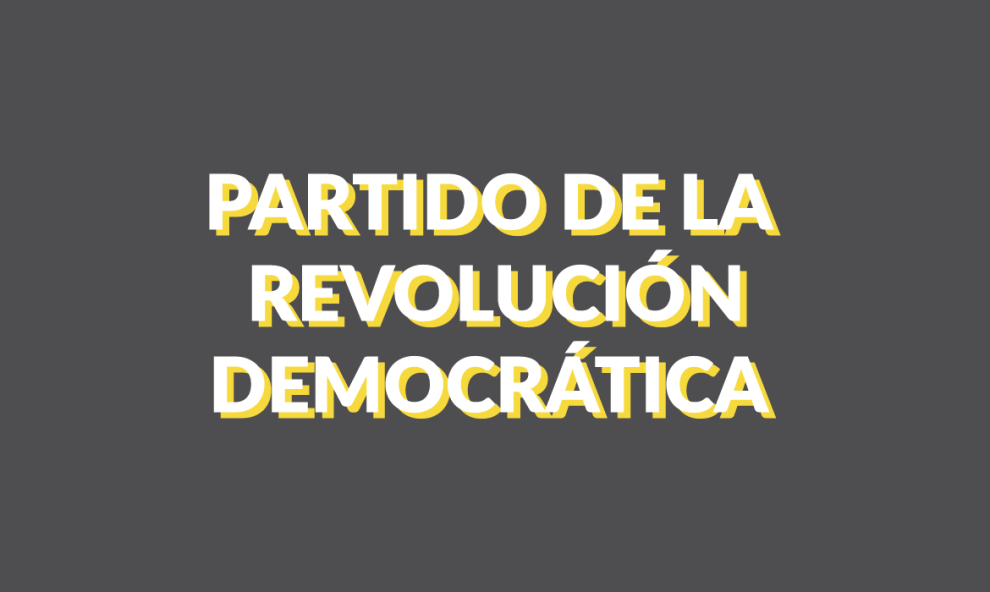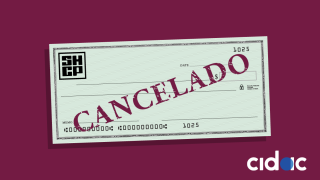On occasion we Mexicans don’t realize how uncommonly lucky we’ve been. Fraught with problems of our immediate milieu and thoroughgoing pessimists, we often do not recognize that the political and economic changes of the recent decades have been exceptionally seamless.
When one observes and analyzes the survival logic of regimes such as those of Cuba, North Korea, or Iran, we should be amazed by the ease with which the old Mexican regime with a siege mentality and rejection of the rest of the world became one integrated into world currents. So much so that this year our boast is that of the presidency of the G20 bloc of the world’s principal nations. We went from a socked-in, autarchic world, nearly one outfitted with blinders, to non-perfect but evident integration. And all this without too much ado.
Regrettably, this transition was not accompanied by a regime change. The PRI lost power in 2000 and there was no split with the old structures. The PRI’s separation or divorce from the presidency changed the country forever, but did not transform the political institutions nor did it create conditions under which the parties, beginning with the PRI itself, would modernize and transform themselves. Two presidential terms later, we are confronting risks of rupture, de facto powers, dysfunctional institutions, and the risk of restoration.
The present tessitura has inevitably returned us to the dilemmas that were faced after the 2000 election and that have not been well resolved to date. Today we find ourselves at a complex juncture at which the possibility is playing out of an attempt to restore the old regime (in two aspects, that of the seventies for one party, that of the sixties for the other) or the continuation of a transition that that has not yet taken final shape. The truth is, the country cannot withstand a restoration and it already does not function under the current orientation.
What the country requires is a regime change. In plain terms, a regime change entails the reorganization of the governmental institutions with the purpose of, first, ensuring that they represent the mosaic of alignments and political forces that currently embody the firmament and, second, that they are capable of making decisions regarding to the fundamental challenges that the country is facing in all ambits. The past fifteen years bear witness that the prevailing institutional arrangement is dysfunctional and that it does not respond to the needs of the country, while the last fifty demonstrate that it is not even logical, not to say realistic, to think about the restoration of a strong government, centralized, in which the president can impose his/her preferences on the society without transparency or checks and balances.
The big question is who would head a regime change and/or under which the conditions would this be possible. Unfortunately, at present there is no longer a sense of unity, a surprise, or an opportunity factor such as those that marked the 2000 PRI defeat. The circumstances and conditions that made 2000 an exceptional opportunity for transforming the political system were unique and short-lived. The opportunity wasted, the great challenge now is to construct conditions that propitiate the transformation not achieved at that time. In contrast with 2000, rancor and polarization have the upper hand today, conditions that make securing so basic a process even more difficult. Worse still, insofar as the country does not advance, the possibility increases that we would experience the tail action of a (political) dinosaur (or of the de facto power) from which we have been saved to date.
Regime change is crucial because our country is at a loss due to the absence of the key democratic duo: checks and balances. There no longer is the system of imposition with which the country functioned for so long and we have not yet achieved the consolidation of a new system that works in the current national and international reality. That’s the challenge.
Each of the political forces has interpreted the current situation in its own way and has arrived at its own diagnosis. The PRI as well as the PRD have proposed reconstruction of the central factor of the old system as the solution to the problem: the omni dominant presidency. One of these, the PRI, proposes it as the mechanism to regain decision-making capacity and advance in the process of development, while the other, the PRD, proposes it as a means of changing the course of economic policy, reconstructing the capacity of the State to preside over economic policy, and becoming the general factotum of the country’s development. As to the PAN’s role, the proposal consists of an agreement among the political forces to, from that point on, construct new institutions. Each party and candidate responds pursuant to their vision, history, and combination of relative strengths and weaknesses.
We can speculate on what the candidate would do if he/she was the winner of the election. However, the heat of the joust renders an exercise like this only marginally profitable because what is presented and argued is not, in the main, an integral proposal for governing, but rather what the context of a campaign itself endorses, which is nothing more than an amalgam of personality, ideology, and alliances, making it difficult to scrutinize the background of the ideas that lie behind. That is, if there are still any ideas at this time of the day.
It would be more useful at this point to discuss the importance of a regime change as a condition sine qua non for the future of the country. Few nations have achieved access to democracy with an integral political agreement that allows for continuity in the government’s quotidian activities while the institutions are transformed. The attractiveness of Spain in this regard is therefore enormous. However, more typical is the process of transition that is arrived at without a plan, without leadership, without vision. Many nations are found within this range and we are no exception.
But, as the saying goes, that’s no consolation. The only way out of where we are is to construct the capacity of the State that permits rebuilding of the institutional apparatus, development of a proper system of checks and balances (only one of the two components is no good: our paralysis is in good measure the product of just one side of the equation working, generating perennial uncertainty to all participants, the same as citizens, public officials, governors, and ministers). The question of the tallest order is how.
It is always possible that great leadership will be enlightened and produce the unification that is required. Great leadership –like that of Adolfo Suárez in Spain or Nelson Mandela in South Africa- can do miracles, but it is no substitute for checks and balances. That is, Mexico’s gamble must be institutional. The great theme that will have to define the current electoral process is who has the vision and capacity to lead in that direction.
Uncommonly Lucky




Comments